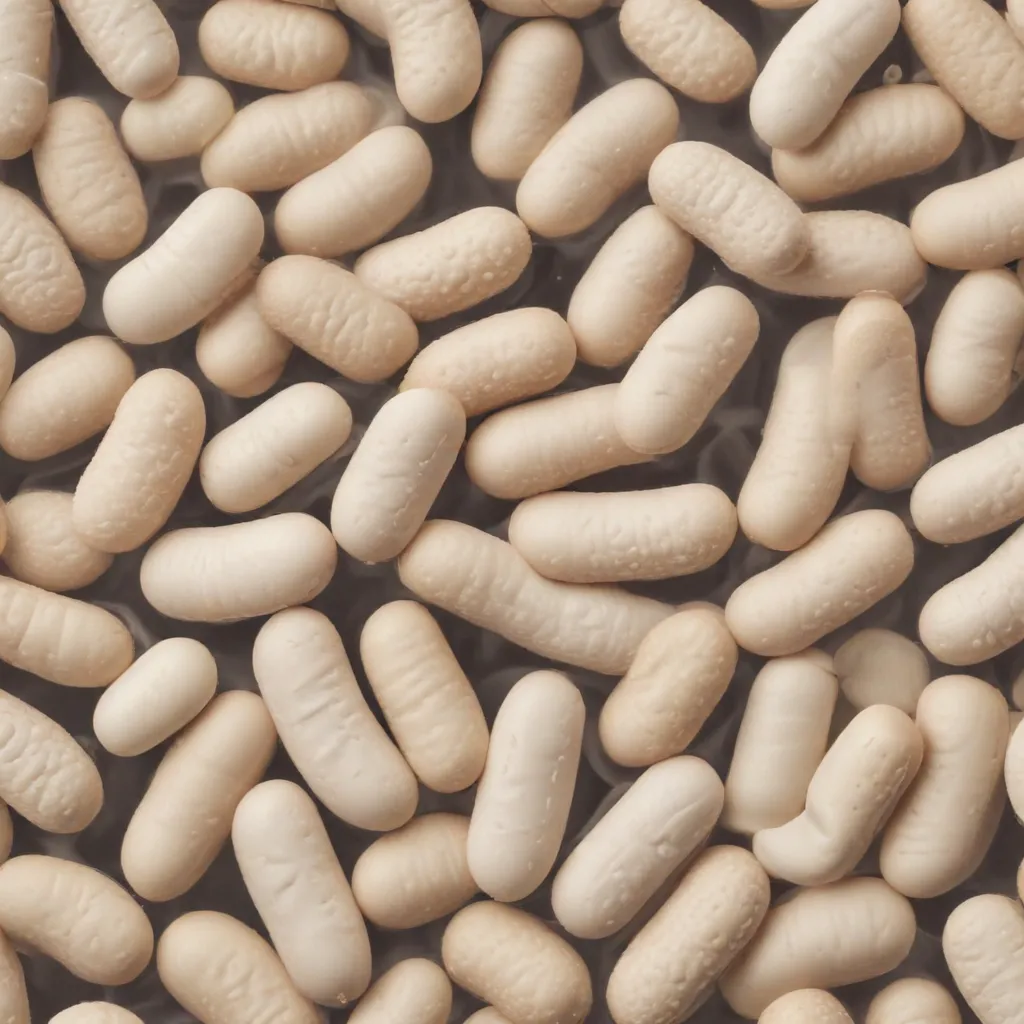
Lactobacillus plantarum (LP) is a probiotic bacterium with impressive capabilities in supporting gut health and protecting against enteric pathogens in animals. This article explores how harnessing the versatile properties of LP can lead to enhanced growth performance, improved meat quality, and better food safety in poultry farming.
Probiotics and Gastrointestinal Health
Probiotics, as defined by the World Health Organization and Food and Agriculture Organization, are “living microorganisms that affect the parity of useful and detrimental bacteria in the gut and promote this balance in favor of increasing populations of beneficial bacteria.” When consumed in sufficient quantities, probiotics can exert anti-inflammatory, anti-pathogenic, and lactose-intolerance-reducing effects on the host.
Lactobacillus plantarum
Lactobacillus plantarum is a heterogeneous species known for its resilience to both temperature variations and laboratory environments. As one of the most abundant and industrially relevant lactic acid bacteria (LAB), LP is extensively utilized in dairy, meat, and fermented food technologies.
Probiotic Strain Characteristics: This anaerobic, gram-positive bacterium can be isolated from a variety of fermented foods, such as broccoli, wine, olives, and dairy products, as well as from the intestinal tracts and feces of animals. LP’s ability to adhere to the intestinal lining and outcompete harmful pathogens contributes to its beneficial effects on gut health.
Mechanisms of Action: The fermentation products of LP, particularly lactic acid, can lower the pH of the gut environment, inhibiting the growth of pathogenic bacteria. Additionally, LP modulates the gut microbiome, enhancing the integrity of the intestinal mucosa and mitigating the pathogenic effects of bacteria like Salmonella.
Clinical Applications: Over the years, LP has demonstrated efficacy in enhancing the immune response, reducing the incidence of respiratory, genitourinary, and gastrointestinal infections, and improving feed efficiency in animals. Its versatile probiotic properties make it a promising candidate for addressing various health and production challenges in the poultry industry.
Diarrhea Management
Pathophysiology of Diarrhea: Diarrhea is a common gastrointestinal disorder in poultry, often caused by the presence of pathogenic bacteria, such as Salmonella, in the intestinal tract. These enteric infections can lead to compromised nutrient absorption, weight loss, and poor overall health in broiler chickens.
Probiotic Interventions for Diarrhea: The administration of probiotics like LP has emerged as a natural and sustainable approach to mitigate diarrhea and strengthen the intestinal barrier against harmful microorganisms. By modulating the gut microbiome and enhancing immune function, probiotics can help prevent and manage enteric infections in poultry.
Clinical Evidence for L. plantarum: Recent studies have demonstrated the efficacy of LP-based probiotics in reducing the incidence and severity of Salmonella-induced diarrhea in broiler chickens. The probiotic treatment has been shown to significantly improve body weight gain, feed conversion ratio, and overall gut health, making it a promising alternative to antibiotic interventions.
Gut Microbiome Modulation
Intestinal Microbiome Composition
Gut Dysbiosis and Disease: The intestinal microbiome, composed of a diverse community of microorganisms, plays a crucial role in digestion, nutrient absorption, and overall health in poultry. Imbalances in this delicate ecosystem, known as dysbiosis, can lead to the proliferation of pathogenic bacteria and increase the risk of gastrointestinal diseases.
Probiotic Rebalancing of Gut Flora: By modulating the gut microbiota through the administration of probiotics like LP, it is possible to enhance the immune response, reduce the incidence of gastrointestinal diseases, and improve feed efficiency in broiler chickens. This, in turn, can lead to better product quality and consumer acceptance.
Immunomodulatory Effects
Gut-Immune System Interactions: The gut microbiome is closely linked to the immune system, with probiotics like LP capable of stimulating the production of antibodies and regulating the inflammatory response. This dual action not only promotes the well-being of the chickens but also contributes to improved meat quality characteristics.
Anti-inflammatory Properties of L. plantarum: Studies have demonstrated that LP can reduce the levels of pro-inflammatory cytokines, such as tumor necrosis factor-alpha (TNF-α), in broiler chickens. This anti-inflammatory effect helps mitigate the negative impacts of enteric pathogens on the host’s health and productivity.
Therapeutic Potential of L. plantarum
Gastrointestinal Disorders
Irritable Bowel Syndrome: Emerging evidence suggests that LP-based probiotics may be beneficial in managing the symptoms of irritable bowel syndrome (IBS) in poultry, potentially reducing the incidence of diarrhea and improving overall gut function.
Inflammatory Bowel Disease: Similarly, the anti-inflammatory properties of LP may be leveraged to alleviate the symptoms of inflammatory bowel diseases, such as ulcerative colitis and Crohn’s disease, in broiler chickens.
Antibiotic-Associated Diarrhea
Clostridium difficile Infection: In the context of antibiotic-associated diarrhea, LP has shown promising results in preventing and managing Clostridium difficile infections, which can occur due to gut dysbiosis following antibiotic therapy.
Dysbiosis Recovery: Probiotics like LP can help restore the balance of the gut microbiome, aiding in the recovery of normal intestinal function and reducing the risk of recurrent diarrhea in poultry.
Formulation and Delivery
Probiotic Product Development
Strain Selection and Optimization: In the current study, researchers employed various culture media, including MRS, TSB, and Baird Parker, to optimize the growth and viability of the LP-BL0111 strain, ensuring its suitability for application in poultry farming.
Encapsulation and Stabilization: The probiotic was dried using a spray-drying technique, resulting in a stable formulation that can be easily integrated into animal feed. This method preserves the viability of the probiotic while enhancing its practicality for commercial use.
Administration Routes
Oral Supplements: The LP-based probiotic was administered to broiler chickens via their feed, ensuring effective colonization of the intestinal microbiome and leveraging the strain’s beneficial properties.
Fermented Food Applications: In addition to direct supplementation, LP can also be incorporated into fermented poultry feed or food products, offering an alternative delivery method for the probiotic.
By harnessing the versatile properties of Lactobacillus plantarum, this research has the potential to revolutionize poultry farming practices. The administration of LP-based probiotics can lead to enhanced growth performance, improved meat quality, and better food safety, ultimately benefiting producers, consumers, and the environment. To learn more about our winemaking journey and culinary offerings, please visit www.winegardeninn.com.
